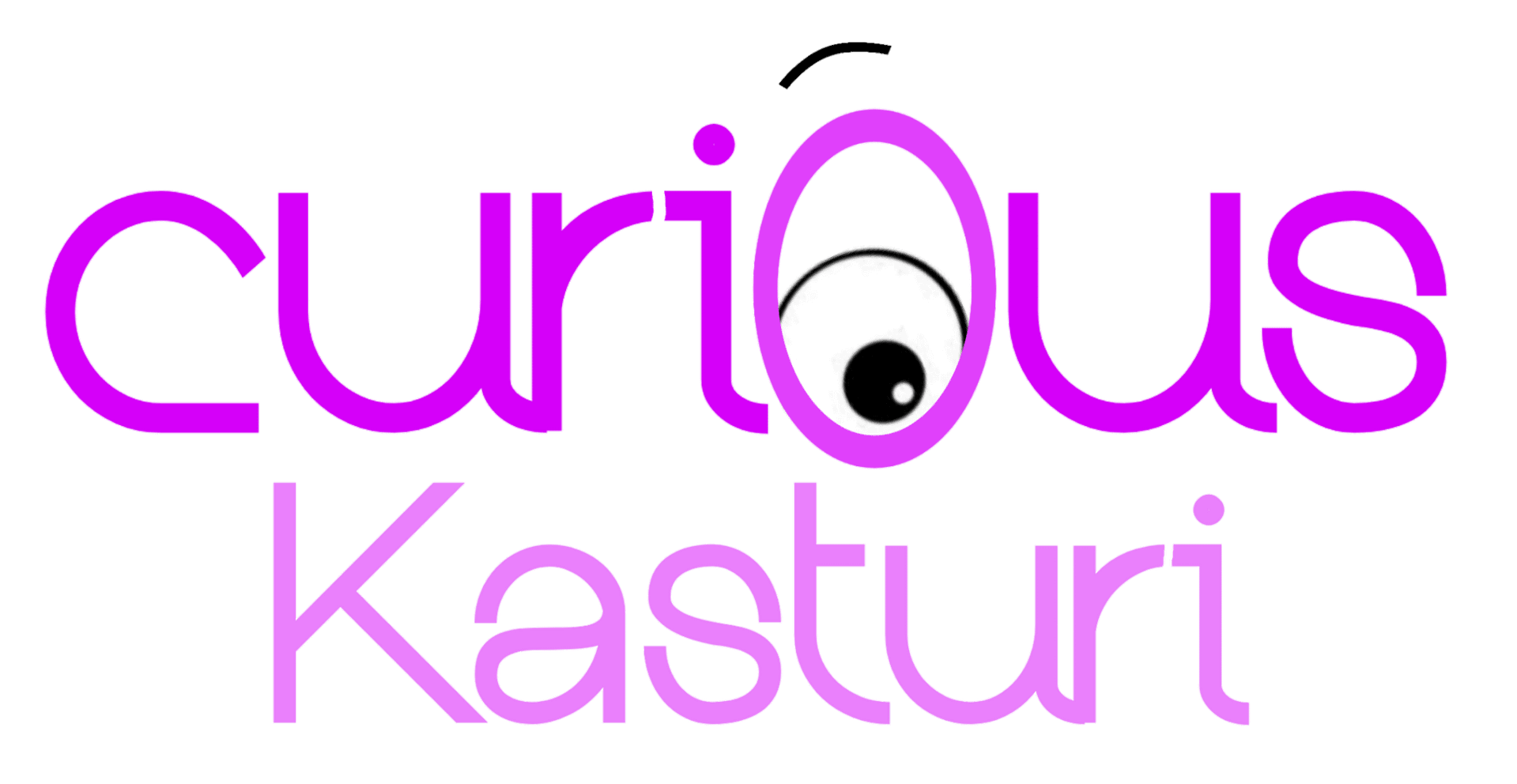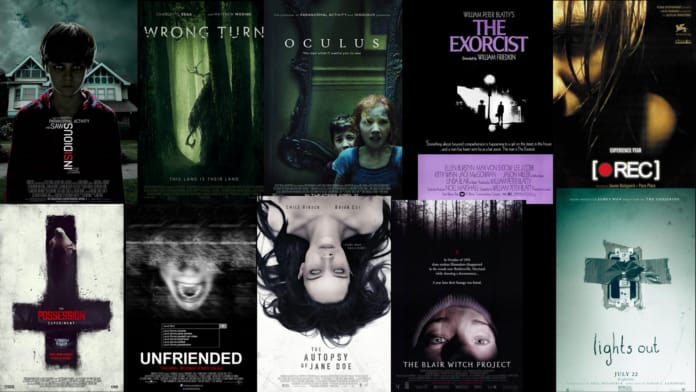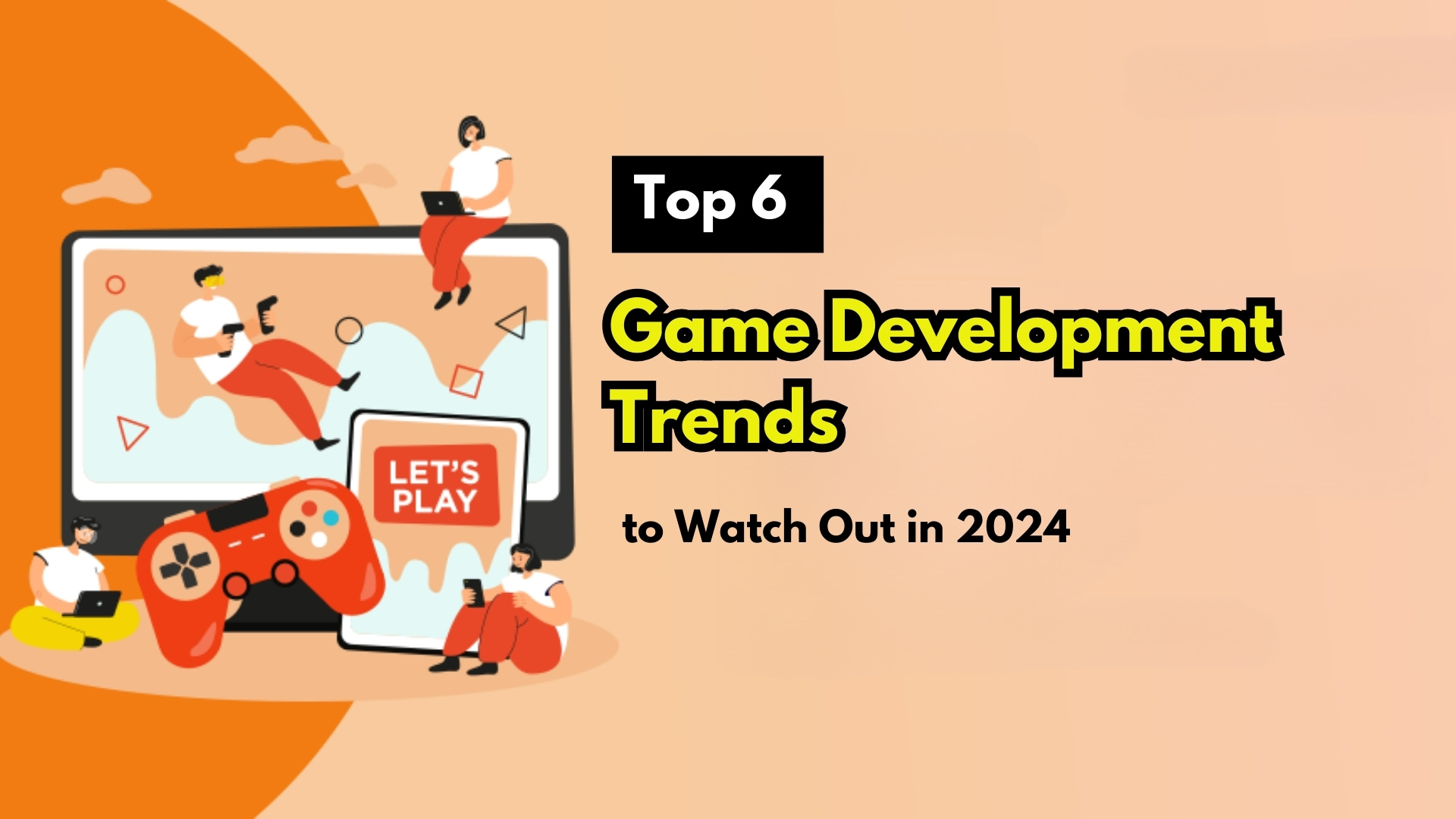Anime, a style of animation originating in Japan, has surged in popularity in India in recent years. Naruto, Death Note, and Dragon Ball Z stand as some of the most watched anime in India. While beloved by many, concerns have arisen regarding its potential impact of watching anime on mental health. This article delves into the psychological effects of anime on the human psyche.
Anime and Body Image
Watching anime can potentially exacerbate body image issues. Many anime feature characters with disproportionately large heads in relation to their bodies. Additionally, there’s often a lack of body diversity among characters, portraying mostly small and similar body shapes. Research indicates that such unrealistic body portrayals in media can contribute to low self-esteem and eating disorders among youths.
Anime and Female Representation
Criticism is often directed at anime’s portrayal of female characters. Many depict females as submissive, perpetuating gender stereotypes. Moreover, there’s a tendency to overly sexualize female characters, which can negatively impact both female and male viewers.
Anime and Violence
Certain anime series contain extremely violent and graphic content, potentially normalizing aggression and inducing mental health issues such as nightmares.
Anime Linked with Anxiety and Depression
Recent Japanese research from 2023 suggests that young individuals identifying as anime fans face an increased risk of mental health concerns like anxiety and depression.
Other Psychological Effects of Anime
Anime, like any form of entertainment, can become addictive, leading to decreased productivity in other areas of life. Binging on anime may disrupt sleep patterns, foster escapism from real-life problems, induce social isolation, and promote excessive screen time.
The Brighter Side of Anime
Despite its drawbacks, anime can positively impact mental health. It openly discusses mental health issues, with many characters depicted overcoming such challenges. For instance, Naruto, a popular character, is portrayed as having Attention Deficit Hyperactivity Disorder (ADHD), challenging stigmas surrounding mental health. These characters serve as inspirations and role models for individuals grappling with similar issues.
Conclusion
As with any form of entertainment, anime carries both positive and negative effects. It can serve as a coping mechanism but also foster escapism, unrealistic expectations, and exposure to violent content. Its impact depends heavily on consumption habits. Managing anime consumption can mitigate its negative effects on mental health.



